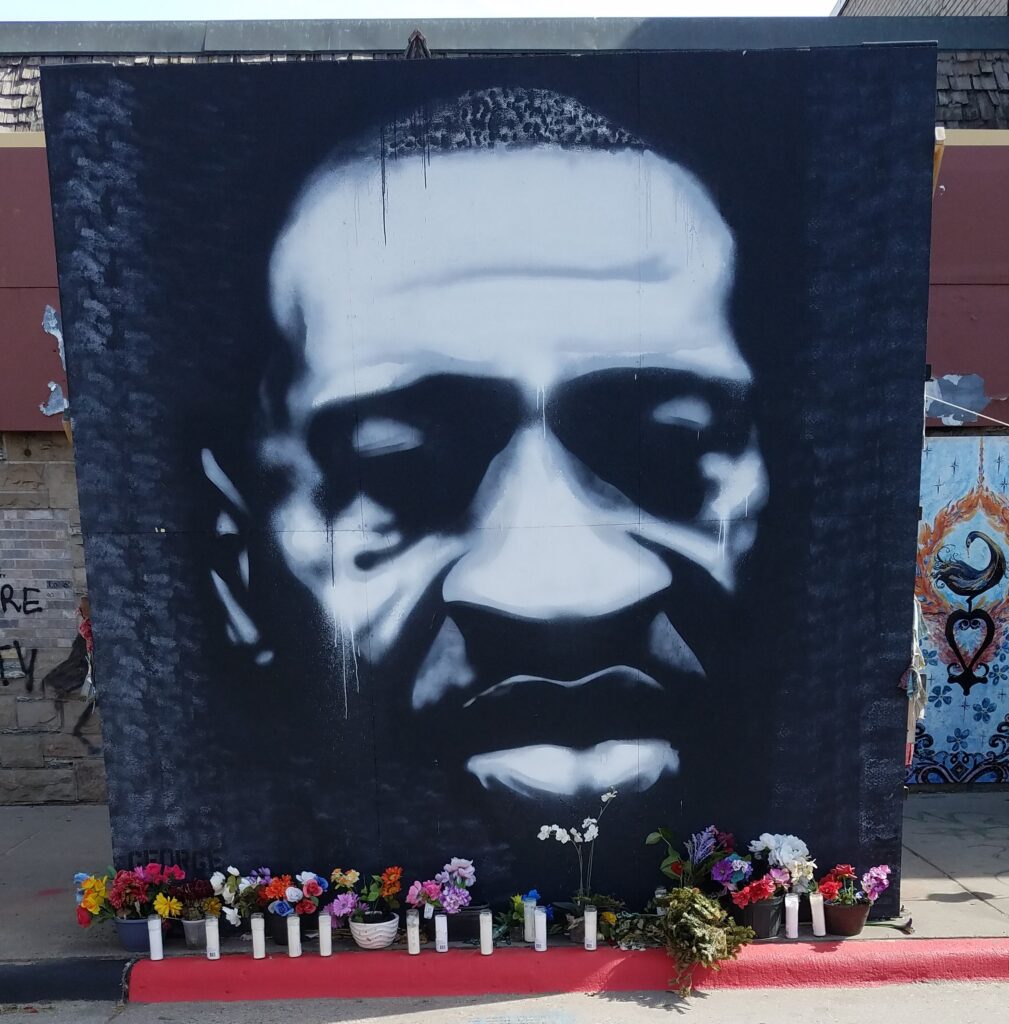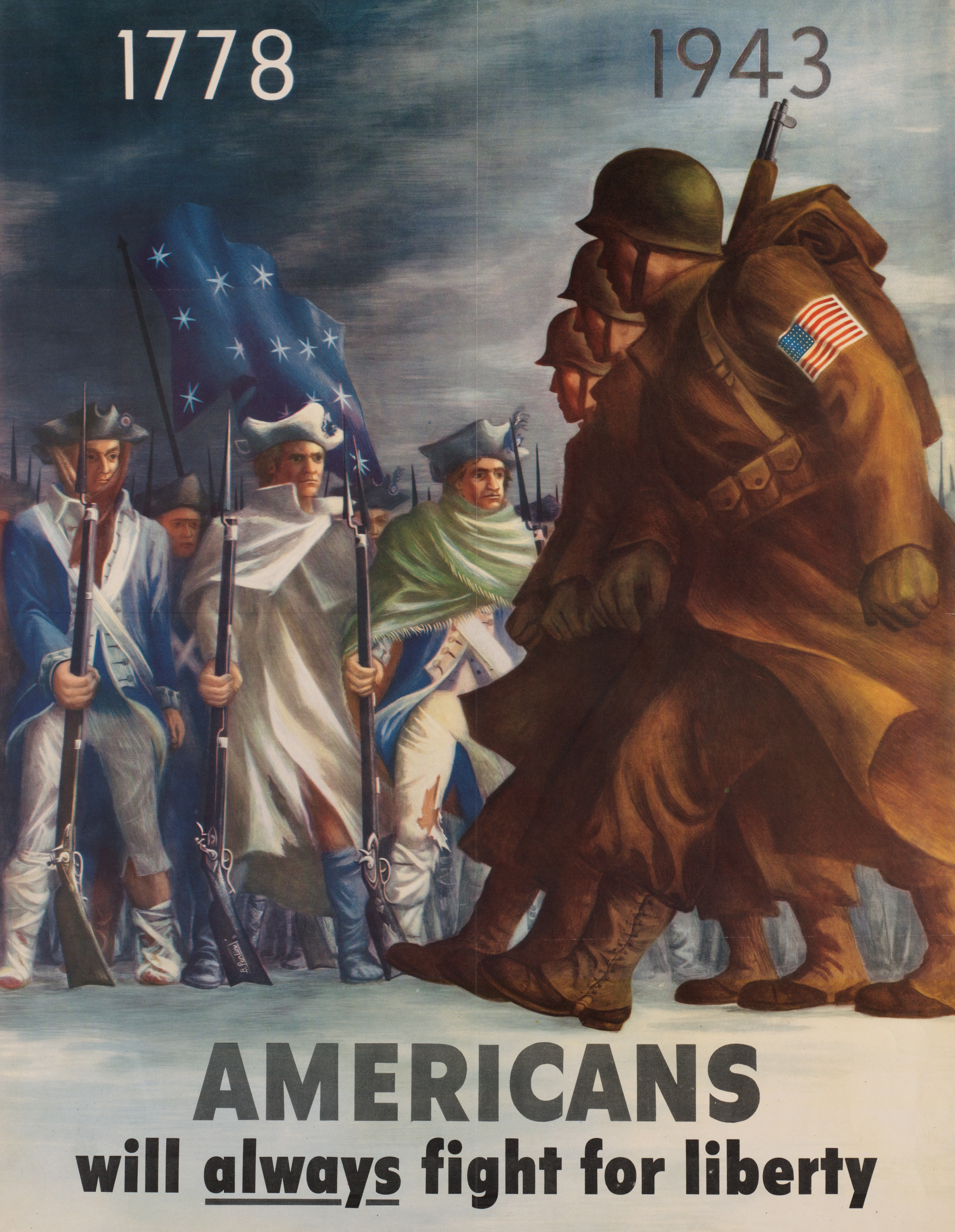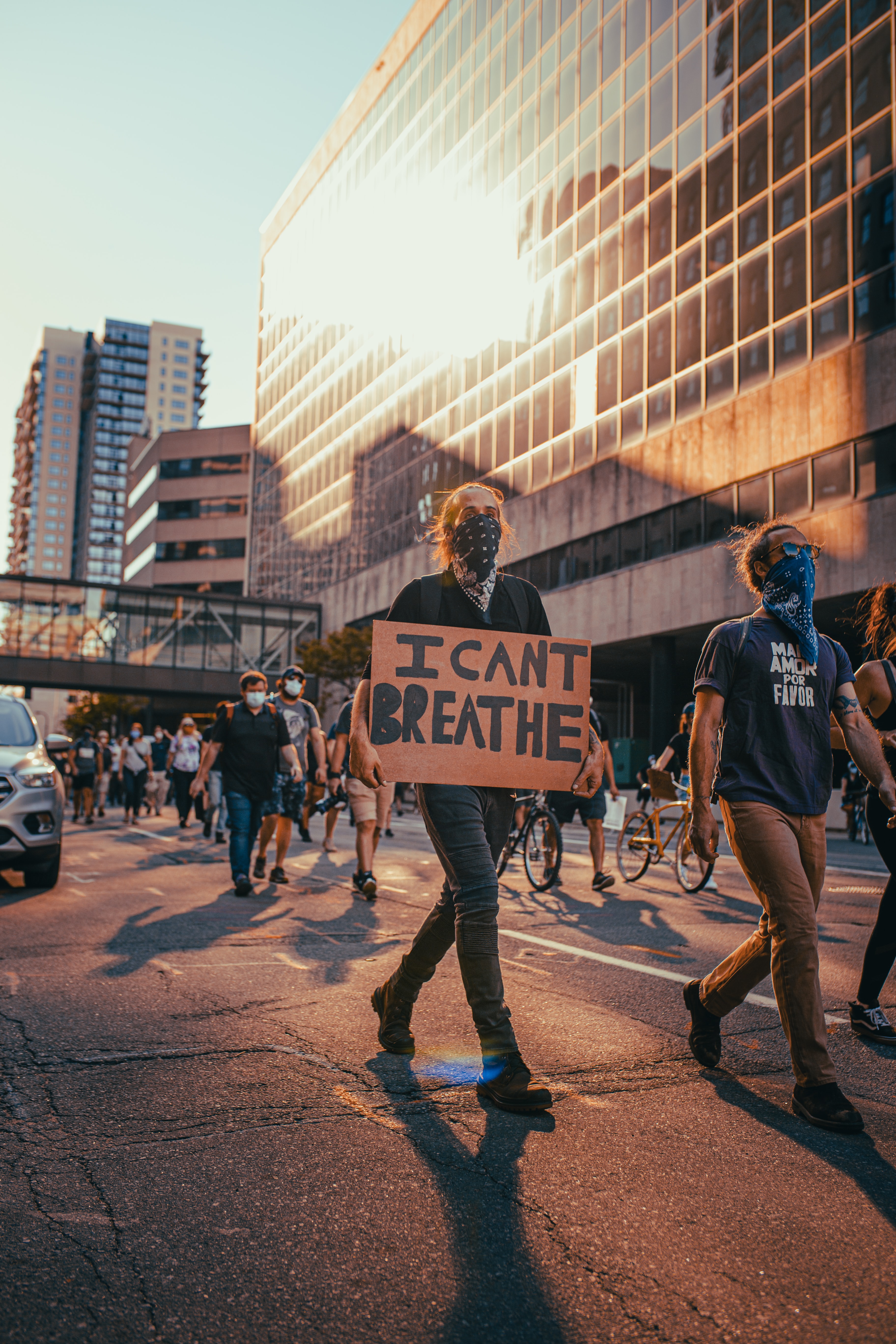
Power differentials as an integral part of an institution’s structure are not as common as people might assume. In some respects, power differentials are pervasive, such as in employment situations. Most people have a boss, and he or she does have power over his or her employees. However, a boss’s power is relatively limited in scope. If abused, typically, the worst that can happen is losing the job and the associated finances. Also, there is usually a human resources department or some type of accountability mechanism in place to prevent or deal with abuses of power, however moderately effective they might be.
Conversely, teaching at the post-secondary level has almost no checks on a professor’s power, and yet, it is, by and large, a remarkably ethical profession. Professors have considerable latitude in the structure of their courses, in their policies, and in their application of them, and the grades they assign remain on their students’ transcripts for the rest of their lives.
This level of professionalism in academia is particularly striking since most professors do not get any training in teaching, aside from teaching assistantships, which are not necessarily required, or even in ethics. Granted, it usually takes a minimum of a decade of full-time study to earn a doctorate degree, which is its own form of training. Nonetheless, the ethical standard is unspoken yet implicitly understood by all professors – treat your students fairly.
As an aside, it is this consistent level of professionalism that led to the medical profession, which has been plagued by various ethical scandals, most recently, its role in the nation’s opioid epidemic, adopting the academic title of “doctor.” It is and will always be an academic title. Even though the ultimate culpability lies with the police officers, it should also be noted that the opioid epidemic, fueled by the medical and the pharmaceutical industries, was a contributing yet overlooked factor in the murder of George Floyd.
A key aspect to treating all students fairly is having a clear policy in place and applying it uniformly. In considering any one student’s request, the question to ask is: given the student’s situation and the policy, would granting the student’s request be fair to the student and to the rest of the class? One needs to consider both the student making the request and the other students in the class.
It is also understood that no matter how the student might have treated the professor or the professor’s personal feelings regarding the student, his or her grade must be based strictly on his or her performance in the class. Needless to say, the student’s performance in any other class or any other behavioral issues cannot factor into the professor’s assessment of the student’s performance or the professor’s treatment of the student, which always needs to be mature, professional, and proportional.
Law enforcement does not share academia’s reputation for professionalism, and its implicitly understood guidelines do not seem to be followed, despite the explicit training for police officers, but they should be. Equal treatment is the cardinal rule that must be observed when power differentials exist, particularly as part of an institutional structure.
There is a clear power differential between the police and the people they are called to serve and protect. Police brutality is fundamentally an abuse of power. Instead of the equal treatment that is simply taken for granted in academia, in policing, there are often clear biases and reactions that are grossly disproportionate to the offense. Also, as we have seen sadly too many times, unlike in the academic context, a police officer’s abuse of power can be deadly for the victim.
This article suggests that Derek Chauvin’s defense argues that fear was a motiving factor for his conduct. I would argue that the correct expectation is the academic standard and that the police’s feelings, no matter what they are including fear, should never be a factor. Police officers are to completely separate their emotions from the execution of their duties.
Instead, we see that particularly for Derek Chauvin, but also for J. Alexander Kueng, Thomas Lane and Tou Thao, their emotions governed their every action and that from the very beginning of their interaction with George Floyd and his companions, the police were completely out of control of themselves and of the situation. Within minutes of approaching the parked car George Floyd was sitting in, responding to nothing but the alleged use of a counterfeit $20 bill, a police officer pulled his gun and aimed it at Floyd.
How could this reaction possibly be equal treatment? It was not. It was prejudicial treatment, based on Floyd’s appearance, who was a big, black man. His prior record, if even known to the police at the time, was completely irrelevant to the potential petty offense they were called to resolve. It was emotional and egotistical. It was about their assertion of their power. It was about forcing someone, who is made in the image of God and granted by him with free will, to submit to their will.
It was uncontrolled. Floyd’s altered state of mind was equally irrelevant to the potential offense. If anything, his state placed more burden on the police officers to act in a controlled and calm manner instead of what we saw, which was the opposite. Their reaction was also grossly disproportionate to the potential offense. It was unprofessional, and, unfortunately, it was deadly. It was none of the things one would expect of a professional police response, and it resulted in the police murdering George Floyd.
Police culture needs to change. There needs to be the expectation for police officers that with great power comes great responsibility. As in academia, the onus is on the person with the power to always be in control of him or herself and to use that power judiciously and fairly. If one cannot do this, the person should simply not become a police officer. If one does not do this and abuses one’s power, as in this case, the person should be punished to the fullest extent of the law.




